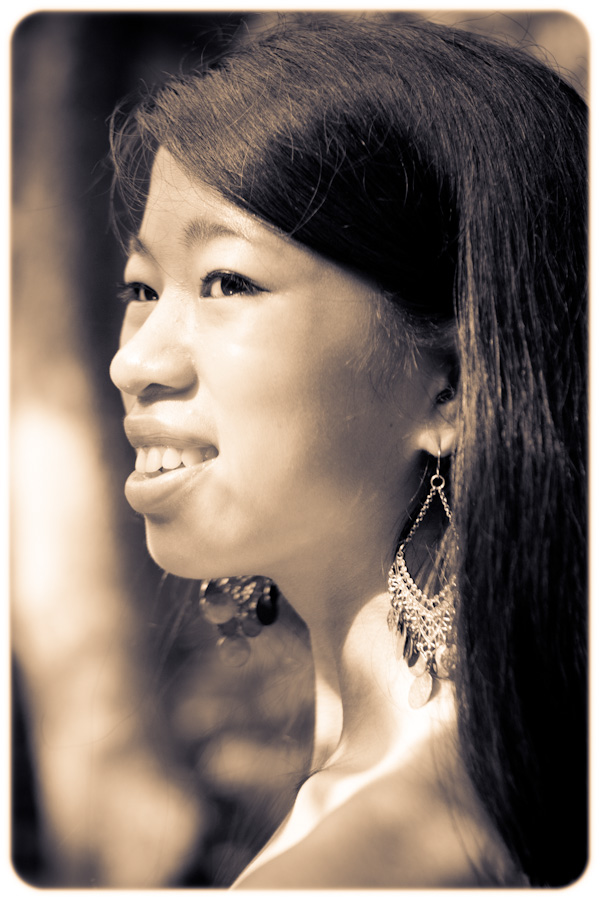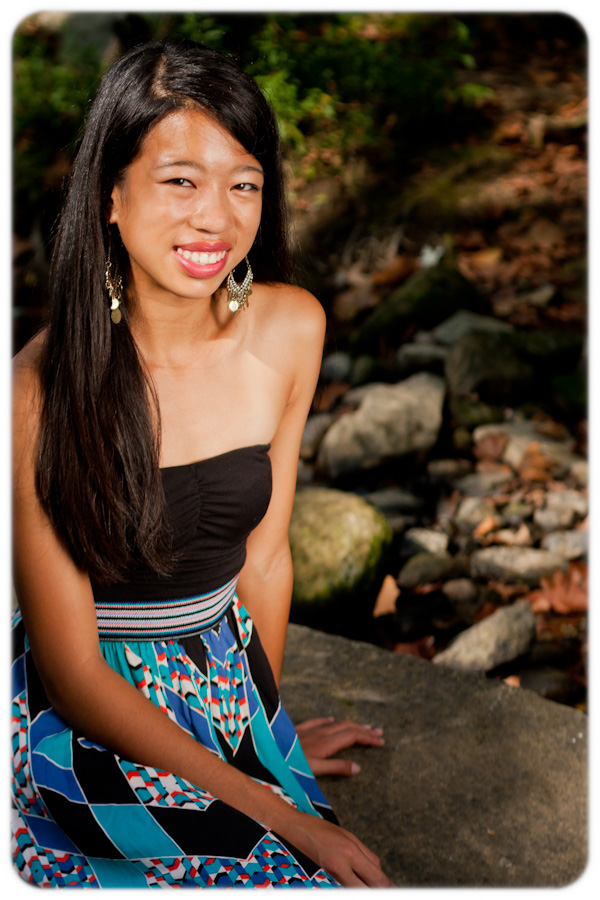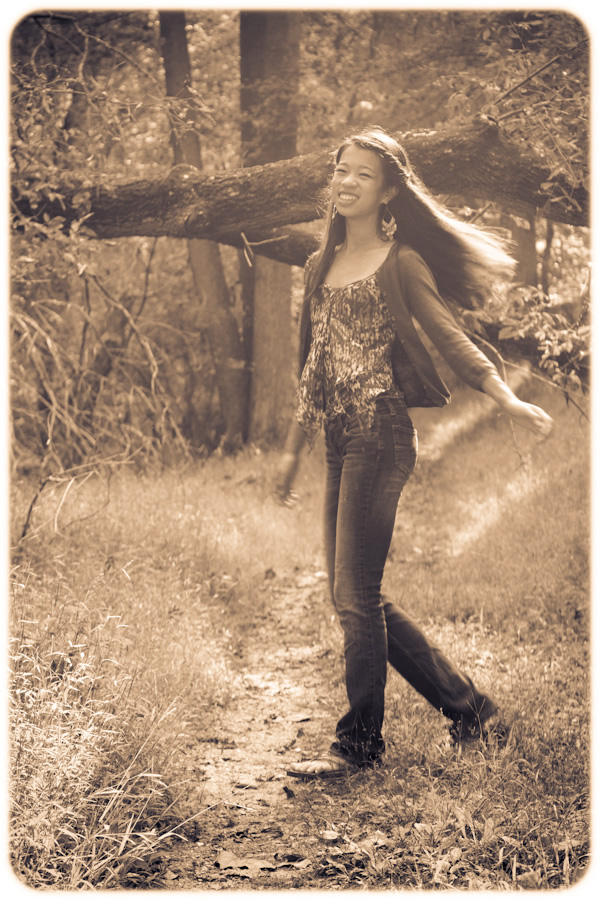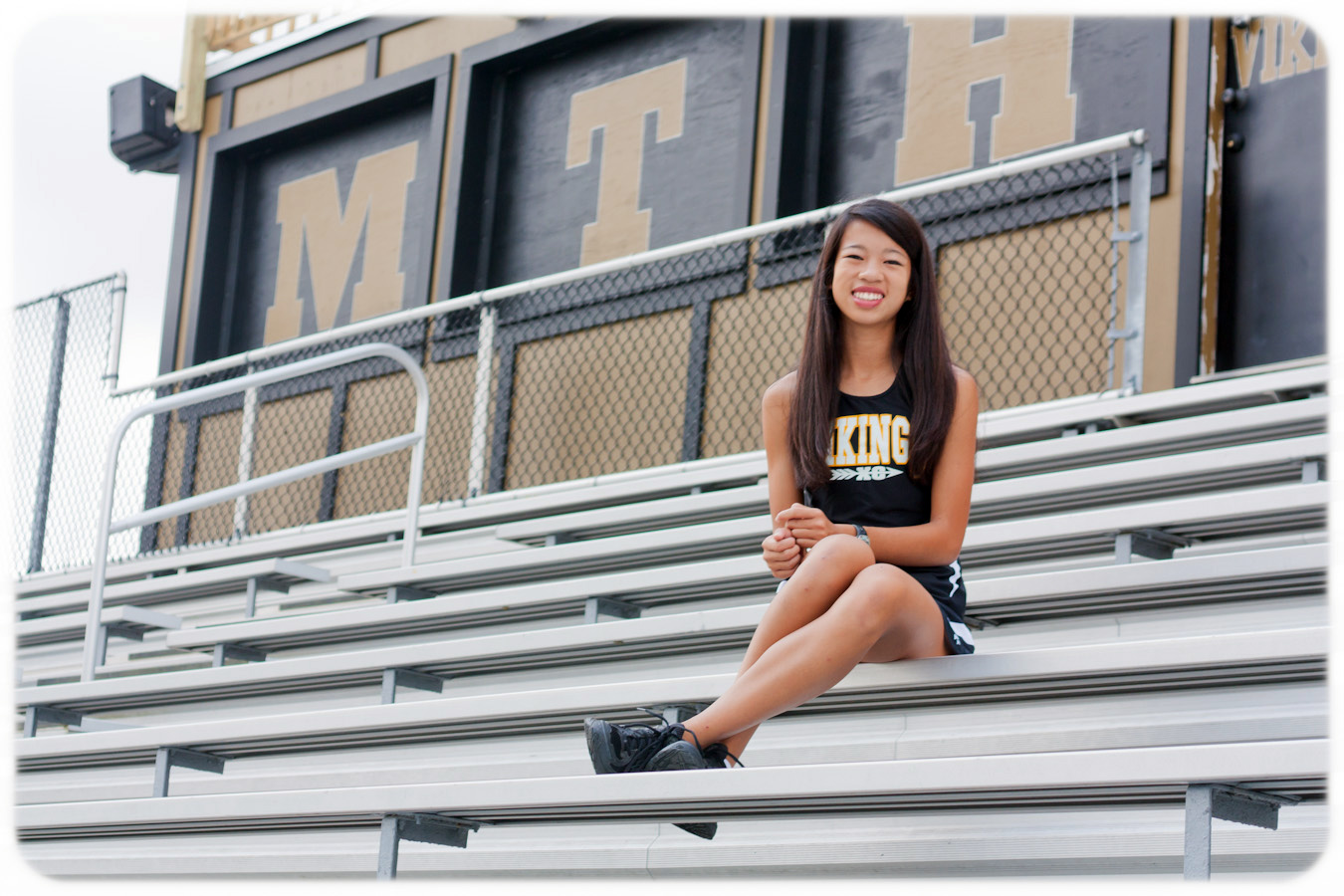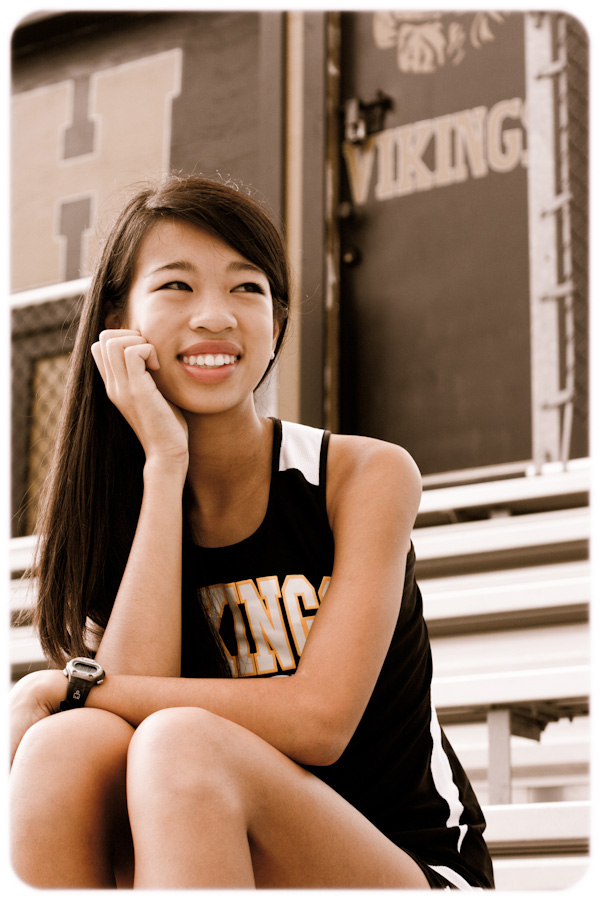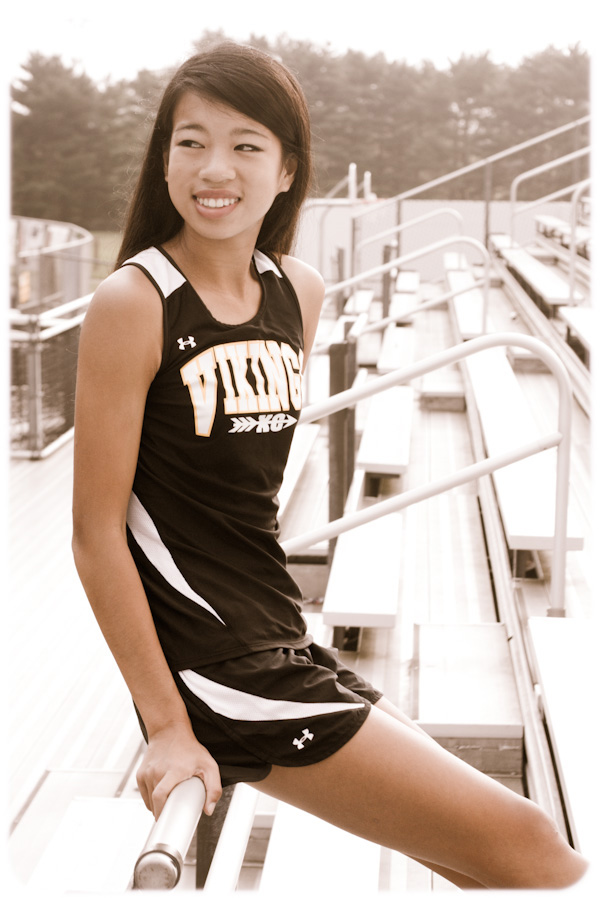September has brought some good progress on the job front. I've continued to apply online while making contacts and attending two job fairs.
Job Fair #1 was mostly unfruitful, as half the companies there were unwilling to speak with you unless you already had a security clearance. The remaining companies, for the most part, were looking for software and IT folks.
Job Fair #2 was much more successful.
In the intermediate time, I designed and printed a more colorful resume, with my photograph and a different layout. This was a test - how would career fair representatives react to this resume compared to a traditional one? Data Points: Several raised eyebrows, appreciative laughter, a clear choice for the traditional resume when given the option, colorful resume not taken due to photograph. Verdict: Helps people remember me, but most likely a non-consideration regarding job placement.
One representative took the time to talk with me about my traditional resume, which was incredibly helpful. Several friends and family members and a couple "12.5 Things You Should Never Even Remotely Consider When Crafting Your Resume" articles had been good resources when writing my resume, but this was the first time I received excellent feedback from someone who actually does the hiring of new engineers.
Main Issue: too vague. Loads of people are sending in resumes online, and you've got 30 seconds to impress the person scanning through the heaping stack. My resume had several aspects on it that required verbal explanation to fully understand. You cannot design your resume to be thoughtfully looked over. There must be an immediate impression. Don't design your resume in the hope that you'll be able to explain it. If you need to explain your resume, you're not finished with it.
I did get asked to interview with one company while at the second career fair. Their work is present on all sorts of aircraft, and they seem to have an excellent culture and work ethic. Perhaps my resume piqued their interest, but I reckon my return to their booth on the second day cemented my possible candidacy in their minds. I enjoyed talking with their employees for the interview and look forward to pursuing that lead.
Two frustrations in September. First, with some consistently, is that many jobs designated as "entry-level" expect the applicant to have at least two years of experience. What then is the job where one gets those two years of experience? Don't send recent graduates to a new-hire site that expects them to already have several years of experience. That doesn't make any sense.
Secondly, I occasionally observe a mind-set that an applicant should have spent most of their life preparing for this specific job. If General Electric, hypothetically, were hiring someone to do life-cycle testing on their washing machines, that person better have joined the Washing Machine Club their freshman year of college, and taken all of the fluid mechanics and failure theory classes they could.
Hiring managers want to see that applicants care about their education and that they're on track to honing their skills in a particular area. They also don't want to take undue risks when hiring, so a candidate's clear history of intent is valuable.
This punishes those who pursue broader skill sets, or don't discover specific passions until later in the process. I was specifically attracted to the broadness of mechanical engineering. Such a degree, I thought, would be a great versatile stepping stone to wherever I wanted to go. My junior and senior years were when I discovered more of an interest in propulsion and failure analysis. It seems, however, that my broader path automatically makes me less desirable than the engineer who knew specifically what he or she wanted to do from the get go. One must also remember that this is always the case, nor is it necessarily verifiable: just a notion I get when talking to certain folks.
The complicated process continues. I am thankful for what I have been learning, thankful for the work I have in the meantime, and thankful for the support around me. And I am looking forward to using my degree.


